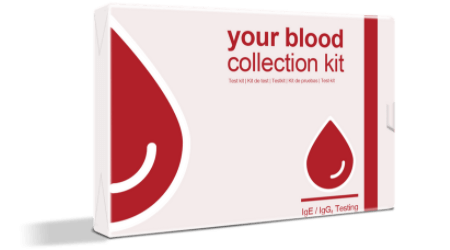Food intolerance, which is also referred to as Non-allergic food hypersensitivity or Non-IgE mediated food hypersensitivity, leads to issues in digesting some foods. It is essential to note that food intolerance varies from a food allergy. Some of the main symptoms of intolerance include headaches, stomach cramps and intermittent bloating. Here are some useful tips to help you choose the most appropriate food intolerance test for your needs.
Avoid being too specialised in your foods!
Those suffering from intolerance commonly show a response to about 4 to 5 varied foods. Thus, even if you feel you know the actual cause of your symptoms, it is best that you get tested for intolerance to as many foods as you can. Your trigger might be actually some other food or another factor. Any food with a protein can lead to a surprising reaction for you. Once you detect your entire food fingerprint, you can get an elimination diet that will offer you higher chances for success.
Check the nutritional support
Many food intolerance tests inform what you are actually intolerant to. However, removing trigger foods from your diet not so easy as to not eat them. It is essential that you get guidance about how to substitute the nutrients present in the foods that you will miss otherwise. It is also important that you know to repair any intestinal damage in the best possible way. It is important to work with an experienced nutritional therapist or dietitian.
Have patience with a Food Intolerance
When you have got back your food intolerance test results, which can take about 10 days, you can get a point to start with your elimination diet. This will be better than going on with the latest fad of an elimination diet or cutting out foods at random. Keep in mind that repairing intestinal damage from prolonged food intolerance will not be possible overnight. Most individuals begin seeing benefits in just 2 to 3 weeks. When you start feeling better and have eliminated foods for many months, you can have trigger foods gradually brought back into your diet. It is important to understand the amount of a specific food that can be managed by your body.
If you would like to know more information on allergies and sensitivities, then please feel free to chat with our customer service advisors on www.allergytestireland.com which will help you to identify your sensitivities.


